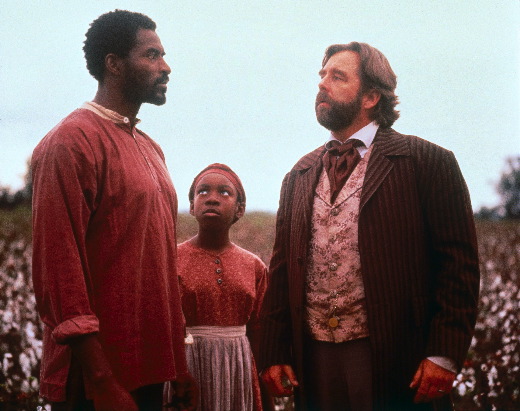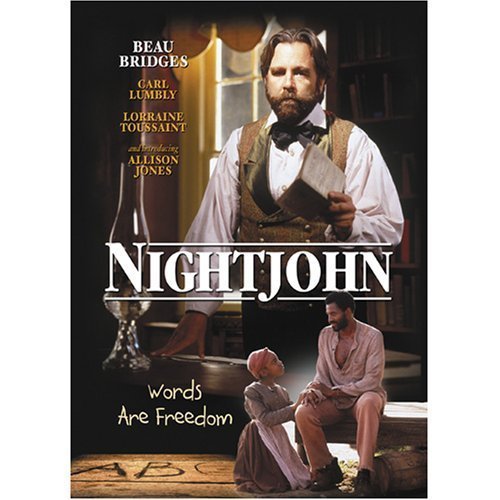This fascinating personal essay (2003) by Canadian filmmaker Ann Marie Fleming investigates the life of her great-grandfather, the Chinese vaudeville performer Long Tack Sam (1895-1961) — one of the greatest magicians in the world (and one of the key mentors of Orson Welles), who was also an acrobat, though he’s mainly forgotten today. In fact, he circled the globe so many times and experienced so much that recounting his life in many ways means recounting the 20th century. Fleming, an animator and storyteller as well as a documentarian, draws extensively on her own varied talents to approach this elusive topic from many different angles, and her speculations are often as interesting as her findings. Indeed, the way Long Tack Sam keeps sliding out of her and our grasp, even though we wind up feeling that we know him in some fashion, is part of this film’s magic. 90 min. (JR) Read more
In this personal and poetic 2003 video documentary, Babette Mangolte—possibly the best cinematographer now working in experimental cinema (she’s also shot major films by Chantal Akerman, Richard Foreman, Jean-Pierre Gorin, Marcel Hanoun, Sally Potter, Jackie Raynal, Yvonne Rainer, and Michael Snow)—interviews the three leading performers from Robert Bresson’s wondrous 1959 Pickpocket. Bresson wanted to convey directly, without acting, the spiritual essence of individuals, which is why he called his performers interpreters or models. These three were clearly marked by the experience of working for him, and as Mangolte moves from France to Austria to Mexico meeting them she seems as responsive to their self-aware vibrancy and as respectful of their mysteries as Bresson was. 89 min. (JR) Read more
From the Chicago Reader (July 12, 1996). — J.R.

Nightjohn
Rating **** Masterpiece
Directed by Charles Burnett
Written by Bill Cain
With Carl Lumbly, Lorraine Toussaint, Beau Bridges, Allison Jones, Bill Cobbs, Kathleen York, Gabriel Casseus, Tom Nowicki, and Joel Thomas Traywick.

Words are freedom, old man. ‘Cause that’s all that slavery’s made of: words. Laws, deeds, passes: all they are is words. White folks got all the words, and they mean to keep them. You get some words for yourself and you be free. — the character Nightjohn
I think a strong case can be made that Charles Burnett is the most gifted and important black filmmaker this country has ever had. But there’s a fair chance you’ve never heard of him because he isn’t a hustler, he’s never had a mainstream success, and all his work to date has been difficult to pigeonhole. Born in Mississippi in 1943, though raised since infancy in Los Angeles, he was one of several key black filmmakers — including Larry Clark, Julie Dash, Haile Gerima, and Billy Woodbury — to attend UCLA’s graduate film program in the 60s and 70s. His first film to circulate widely, the remarkable 1977 Killer of Sheep, won prizes in 1981 at Berlin and Sundance (before it was known as Sundance) and was one of the first titles selected for the Library of Congress’s Historic Film Registry. Read more


